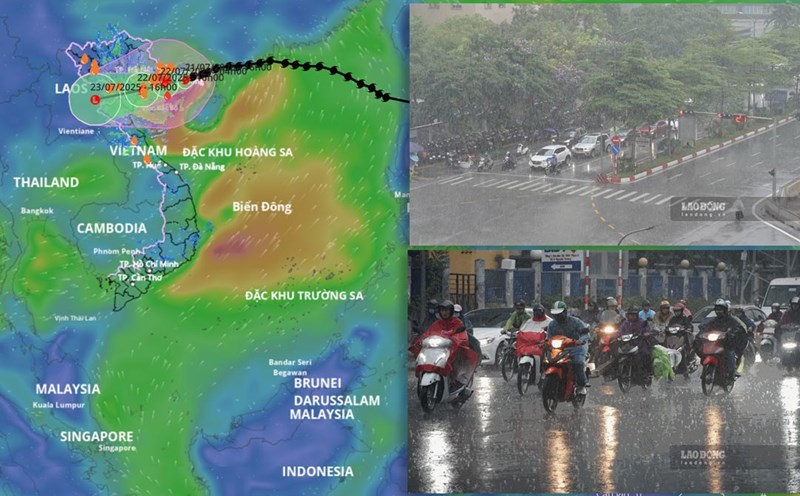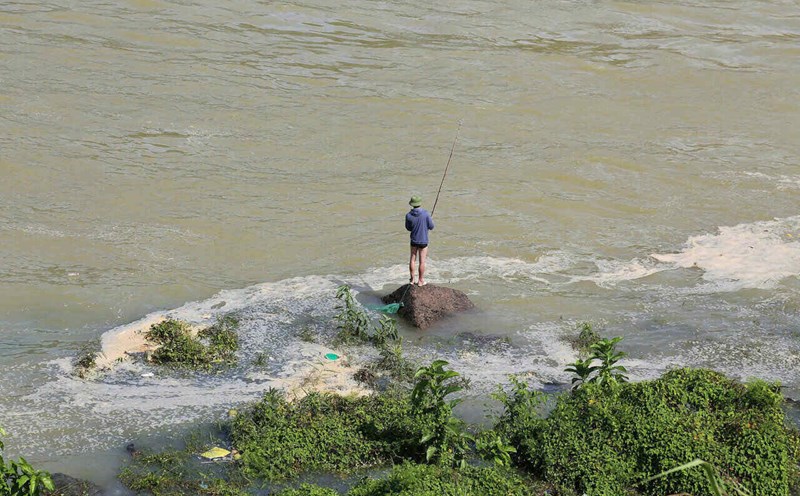The Ministry of Public Security shall preside over the development and completion of the draft Law on Cyber Security to collect comments from organizations and individuals.
Accordingly, the draft Proposal states that the name of the draft Law on Cyber Security is the merger of the Law on Cyber Information Security 2015, the Law on Cyber Security 2018 and is named the Law on Cyber Security. This comes from many reasons.
One of the new contents of the bill is to add provisions on prevention, detection, stopping and handling of malware.
Accordingly, the Ministry of Public Security proposes that enterprises providing email services, transmission, and information storage must have a malware filtering system during the process of sending, receiving, storing, and reporting to competent state agencies.
Internet service providers take measures to manage, prevent, detect and prevent the dissemination of malware. Agencies, organizations and individuals are responsible for preventing malware according to the instructions and requirements of state agencies.
The draft law defines malware as software that can cause unusual operations for part or all of the information system or illegally copy, edit, or delete information stored in the information system.
According to the drafting agency, Vietnam is carrying out a digital revolution to bring the country to a breakthrough, entering an era of strong growth. Vietnam is one of the countries with the highest Internet development and application speed in the world, leading Southeast Asia in terms of the number of national domain names.
E-government is gradually becoming comprehensive; the young, well-educated population has a high rate of people using smartphones and using applications and services in cyberspace, especially social networks. Vietnam is regularly on the list of 10 countries with the largest cross-border data traffic in the world.
The practical work of cybersecurity protection in recent times shows many complex risks to national security, social order and safety, and the legitimate rights and interests of organizations and individuals. Including cyber attacks, cyber spying and disclosure, and loss of state secrets in Vietnam are becoming increasingly complicated, seriously affecting national security.
hackers use many sophisticated tricks, constantly upgrading and improving malware lines to conduct cyber attack campaigns targeting Vietnamese agencies, organizations and businesses. The main goal is to access the information network system of central agencies and important corporations and enterprises.
In addition, data control, management and protection are not commensurate. Personal data is being exploited and used freely. Personal data breach is serious, leading to an increase in cybercrime and property fraud.











